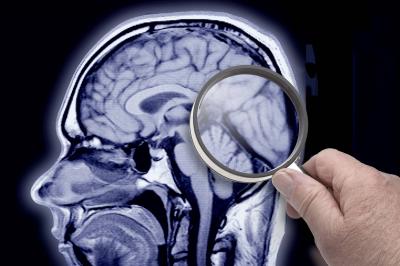A new study has revealed that some individuals showing signs of Alzheimer's disease in their brains may not exhibit any clinical symptoms during their lifetime, potentially contributing to a better understanding of resistance mechanisms against this debilitating disease. A team of researchers led by scientists from the Dutch Institute for Neuroscience examined samples of brain tissue stored in the Dutch Brain Bank, which is a repository of donated brains from more than 5,000 individuals who died due to brain-related illnesses.
The team found only 12 individuals who had been healthy prior to their deaths but exhibited clear neurological signs of the underlying pathology of the disease. This illustrates how rare it is for brains to avoid the debilitating effects of Alzheimer's. The small sample provided the team with an opportunity to investigate what might make these brains exceptionally resilient.
**Genetic Resilience**
Neuroscientist Luke de Vries from the Dutch Institute emphasized that what was happening at the molecular and cellular levels in these individuals was not clear. Therefore, they searched for donors with brain tissue abnormalities who did not show cognitive decline in the brain bank. He added, "This type of resilience has been observed before, and the genes we are born with and the lifestyle choices we make may have some influence. These various factors are generally associated with the development of Alzheimer’s disease as well."
By analyzing unique groups of hundreds of genes expressed within the cognitively healthy Alzheimer’s patients' brains, typical Alzheimer’s patients' brains, and other healthy individuals without the disease, researchers found key differences in the resilient brains related to astrocytes that are involved in waste removal from the brain.
**Stopping Neurotoxic Waste Accumulation**
It appears that resilient brains are better at clearing away toxic proteins linked to the development of Alzheimer's disease, suggesting that these brains manage to prevent the accumulation of neurotoxic waste more effectively. Another difference noted was the more efficient energy production in the cells of resilient brains.
De Vries pointed out that "If we can identify the molecular basis of resilience, we have new starting points for drug development, which could activate resilience-related processes in Alzheimer's patients." Currently, Alzheimer's disease affects approximately 47 million people worldwide, and these numbers are rising rapidly.




